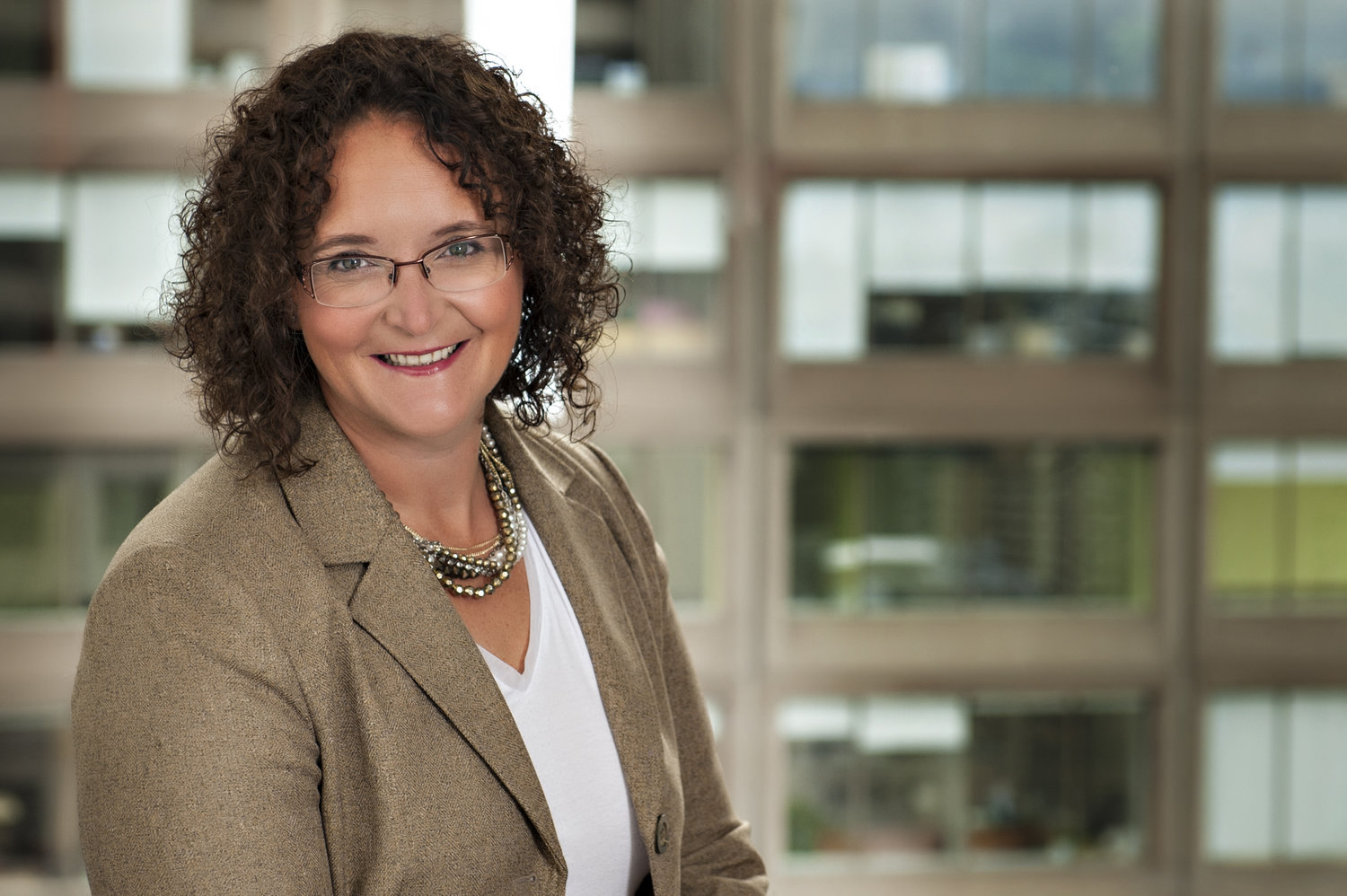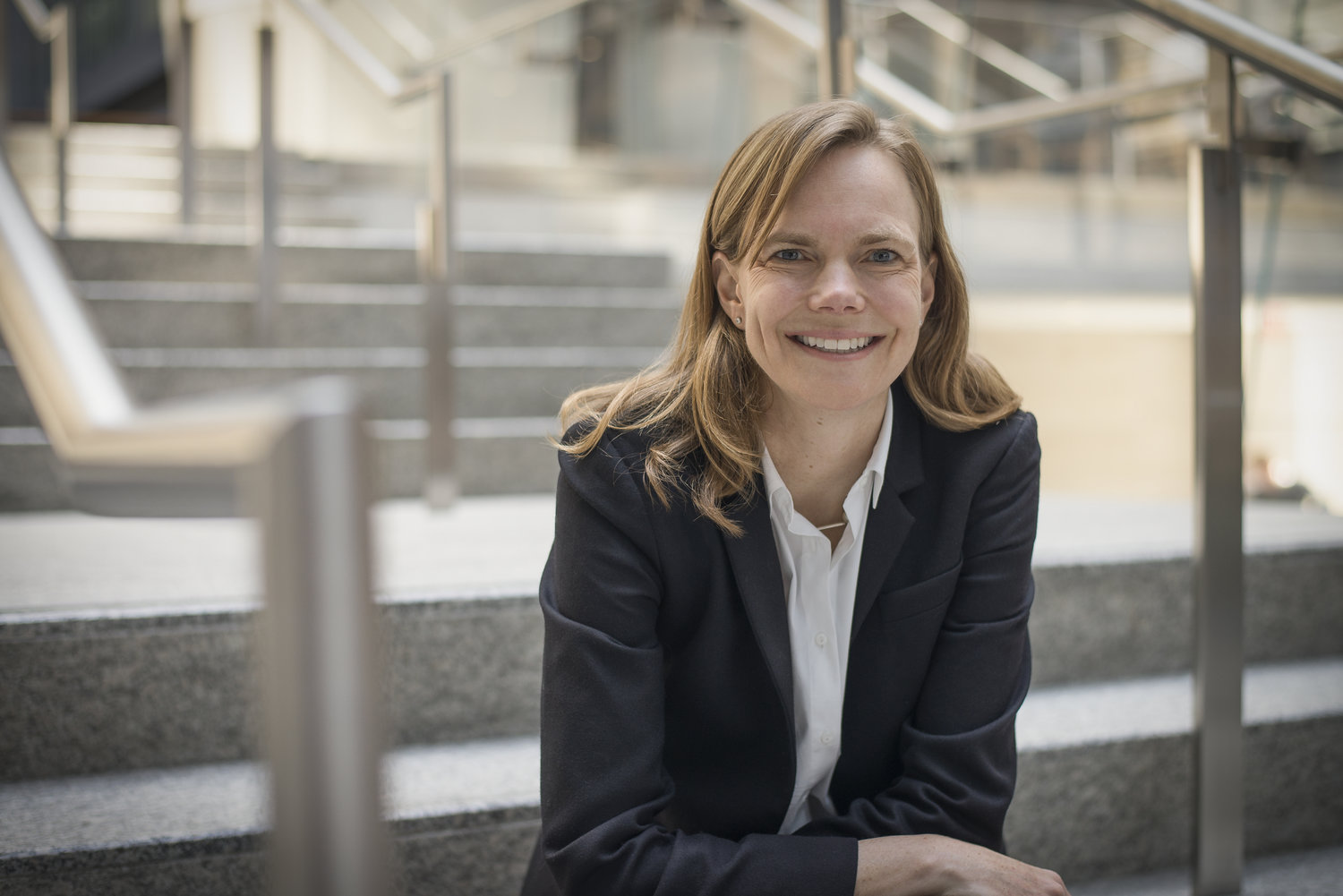The start-up sector in Canada is moving at warp speed, disrupting old regimes and establishing our country as a petri dish for technological innovation on the global landscape. Yet despite all its forward thinking, the industry — like many others — remains very much a boy’s club. More and more women continue to graduate from North American universities with business and tech degrees, yet according to diversity reports conducted by 11 of the world’s largest tech companies, only 30 percent of the tech industry is comprised of women, and of that, a paltry 21 percent hold leadership roles. On a local level, a MaRS Data Catalyst report conducted in 2014 found that women occupied only 12.5 percent of investment roles in Canadian Venture Capitalist (VC) firms.
The numbers can be better. They must be better. And thankfully, a growing group of women are leaning in and paving the way for other female entrepreneurs and venture capitalists to make an impact in the tech industry. In our ongoing MaRS Mission collaborative series, get acquainted with four such trailblazing women. Profile for Bay St. Bull: Janet Bannister
JANET BANNISTER
General Partner, Real Ventures
When entrepreneurs come to Janet Bannister for advice, they can rest assured that she understands what it’s like to be in their shoes.
As general partner at Real Ventures, Canada’s largest, most active early-stage investor, Bannister is helping the country’s most talented founders get the funding and guidance they need to succeed. But before her days in venture capital, Bannister spent a dozen years as a successful operator. She’s been CEO at a Toronto startup, built a consulting business and founded Canadian online classified mecca Kijiji.ca in 2005. She also spent several years at eBay in Silicon Valley, helping the site transform from a hub for collectibles to a ubiquitous mainstream marketplace.
“I can understand what entrepreneurs are going through, on an emotional, physical and mental level, and my operating experience helps me with very practical things when companies are building their business,” says Bannister.
In addition to finding and investing in the country’s most promising startups, Bannister says another important part of her role at Real Ventures is to build the Canadian entrepreneurial community, a tactic that seems to be paying off.
“In the last year, I’ve had 12 or 15 partners from U.S. VCs who have contacted me and said, ‘We’ve never invested in Canada before, but I hear you’ve got great companies and we want to start investing in Canada,’” she says.
Bannister points to League Inc.*, a Toronto-based digital health and wellness platform that received a whopping $25-million USD Series-A funding round from several Canadian investors, including Real Ventures, OMERS Ventures and BDC (Business Development Bank of Canada).
“That points to the vibrancy of the environment and the confidence in what’s happening in Canada,” says Bannister.
One of the challenges with a young startup scene like Canada’s is making sure that companies get to commercialization and beyond, she notes. That requires adequate financing from both public and private sources, as well as the expertise to make it happen.
“We have a lot of people in Canada who have maybe done marketing at a big company, but how do you manage sales when you’re growing at 300 per cent, year-over-year?” she says. “I think if I had a magic wand, I’d want to have more of those people who know how to scale a company quickly.”
Bannister notes Canadian expertise will continue to grow as talented people from successful Canadian companies move on to pursue other opportunities.
“That’s where Silicon Valley has been so successful and I saw it living there. But they are 40 years ahead of us in the cycle. We’ll get there, but we just need to keep going,” she says.
MICHELLE MCBANE
Investment Director, MaRS Investment Accelerator Fund (IAF)


“The more smart people you have around the table, the better,” says Michelle McBane. It’s a lesson she’s learned over 16 years of venture capital investing in early-stage companies.
“I’ve learned the hard way that if you’re the only investor around the table at the seed stage, the company is going to hit the wall, they’re going to miss a milestone. So you always want to make sure there is a really good syndicate of people coming together around a deal at a given time,” she adds.
Bringing investors to the table is a big part of McBane’s role at the MaRS IAF, a seed-stage fund that focuses on the areas of IT, cleantech and health. With more than 130 investments and $600-million dollars in follow-on capital, the MaRS IAF has become a key player in helping promising Canadian entrepreneurs get to the commercialization stage, a challenge that McBane relishes.
In addition to funding talented entrepreneurs, the MaRS IAF has become an important catalyst in the Canadian venture capital ecosystem, influencing investors who have learned that following their lead is a wise move. McBane says the MaRS IAF often co-invests with the BDC (Business Development Bank of Canada), EDC (Export Development Canada), angel investors and other local VCs looking for investment opportunities, creating a critical mass of investment that’s crucial to support Canadian innovation.
“We’re out on the street looking for deals and once we find one, we do some pretty deep diligence. Other investors realize that they can’t do what we do on a full-time basis, and thatit’s great to piggyback on a group that’s paid to do this.”
Through her years in the business, McBane says she’s seen the Canadian venture capital scene mature, particularly in the technology sector. Meanwhile, in the healthcare space, things have not matured as quickly, she says, because of the challenges inherent to that industry.
“In IT, if someone’s not buying something, you pivot or you move on. But it can take a lot more time and money to do that in health,” she says.
With several successful exits under their belt, McBane says the MaRS IAF has reinvested 100 per cent of the proceeds back into the community (the province of Ontario funds their operating budget). The more wins they get, the bigger the boost for deal flow in Canada.
“It’s really about catalyzing and getting enough good money around a company that you think can win,” says McBane. “And smart co-investors realize that we’ve got an edge.”
KATHRYN WORTSMAN
Fund Manager, MaRS Catalyst Fund


Kathryn Wortsman leads an investment fund that is concerned with much more than just financial returns. She serves as the fund manager at the MaRS Catalyst Fund in Toronto, which provides funding and support to Canadian companies that are pursuing positive social and environmental impact.
As Wortsman puts it, “We back passionate entrepreneurs leveraging the tools of modern technology to address society’s biggest challenges in delivering better health outcomes, a more sustainable planet and happier people through innovative education and work sustainability.”
The fund, which focuses on three broad sectors — education, cleantech and health — was created in March of this year when UK business magnate Sir Richard Branson and his non-profit foundation Virgin Unite contributed $1-million in seed funding to create more impact investing opportunity in Canada. It expects to close its final fundraising at $5-million in early 2017 and will make up to 15 investments, says Wortsman. So far, the fund has eight investors and two companies in their portfolio: one in the educational space called Future Design School, and the second in the cleantech space called Hydrostor Inc. Both promise positive social impact and both have business models that scale.
“Hydrostor is really exciting in that it’s a fossil fuel-free energy storage solution for excess renewable power and it’s a way to take our nation off the grid completely,” says Wortsman.
In terms of what impact investing means, Wortsman says there’s no specific formula to what would make a choice company for her fund to invest in.
“In traditional venture capital, they are looking for big markets and big opportunities and big disruptive changes,” she says. “We’re looking for the same, we’re just trying to find opportunities that have high impact and high financial returns. So, I have a double bar instead of a single bar.”
A recent report from the Responsible Investment Association (RIA) showed that total impact investing in Canada grew 123 percent from 2013 to 2015 at $9.22-billion. She points to funds like Vancouver’s Renewal Funds and Toronto’s InvestEco that are also focused on investing with a positive environmental or social bent.
However, in Canada’s wider investment landscape, there can be a lag between, “talking about it and actually making the investment.”
She notes that the scepticism is unwarranted because studies are proving that impact investing can be good for business too. For example, a 2014 study by not-for-profit climate change organization CDP found that S&P 500 industry leaders on climate change generated 18 percent higher return on equity, 50 per cent lower volatility of earnings over the past decade and 21 percent stronger dividend growth than their peers that had low scores for responding to climate issues.
“I’m hoping that through good quality investments and showing quality returns in a few years that the private equity market will take notice.”
SHIRLEY SPEAKMAN
Partner, Cycle Capital


Many of the companies Cycle Capital invests in have “a big ‘cool’ factor,” says Shirley Speakman, partner at the Montreal-based venture capital fund.
There’s Enerkem, a Montreal company that converts non-recyclable garbage into ethanol; there’s GreenMantra Technologies in Brantford, Ontario, a company that turns plastic into an industrial wax that can be used to pave roads. Then there’s Agrisoma, a Quebec-based company that turns carinata, a non-food oilseed crop, into biojet fuel.
Like all the ventures in Cycle Capital’s portfolio, these forward-thinking companies are in the cleantech sector, which means they make products, services and processes designed to reduce the negative ecological impact and waste of non-renewable resources.
An exclusively cleantech venture capital fund, Cycle Capital has been fostering the growth of pioneering North American companies at the development and commercialization stage since 2009, and now has three funds under management, totaling roughly $240-million dollars.
“We’ve been at it for a while, through all the ups and downs of the cleantech space,” says Speakman, who is based at Cycle Capital’s Toronto office at MaRS. As partner, Speakman participates in all aspects of the venture capital cycle, from deal sourcing and deal evaluation to working with portfolio companies and driving them to a successful exit.
She says that after investing in cleantech over three funds, Cycle Capital is now seeing that hard work pay off, with up rounds [rounds of financing in which a company’s worth increased over its prior valuation] and oversubscribed rounds [where demand exceeds the total number of shares issued]. But she points out that when it comes to investing, cleantech isn’t for everyone.
“If you’re looking for the quick flip, that’s not cleantech,” says Speakman.
The de-risking process for these companies can be long and expensive. And because cleantech works in industries that can be resistant to change, “Inertia is your biggest competition,” she says.
In other words, it’s a long-term play. “But the payoffs are commensurate with that longer time horizon and the additional risk that longer time horizon naturally brings,” she adds.
Beyond the cool factor of working with innovative cleantech companies and the potential for successful exits, Speakman says being involved in the industry makes her feel proud.
“I might not be the guy creating the industrial wax from your recycled plastic, but by providing them with capital, I can actually make a difference.”








